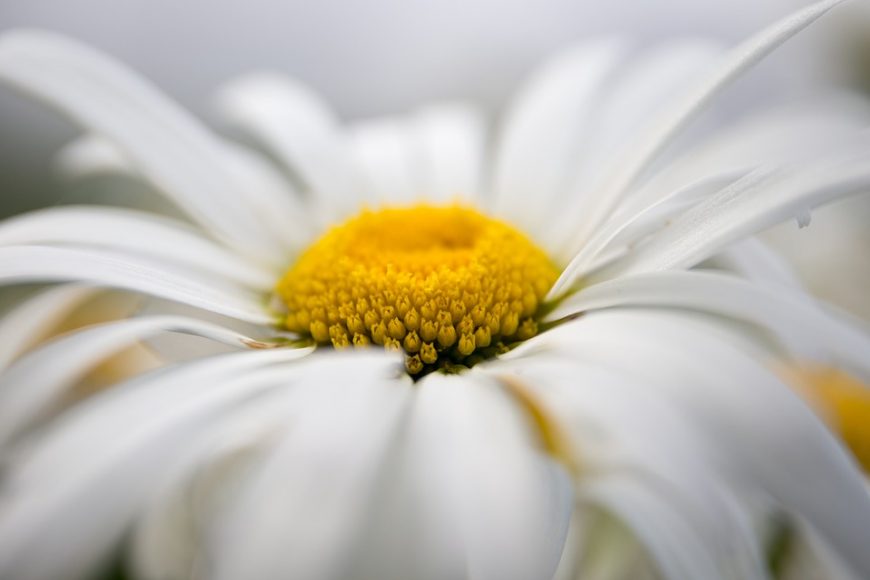The Benefit of Essential Oils in Skin Care
- have highly antiseptic properties i.e. Tea tree, Lavender, Myrrh
- reduce inflammation i.e. Chamomile, Yarrow, Lavender, Rose, Everlasting
- regulate sebum production i.e. Geranium, Palmarosa, Ylang Ylang, Sandalwood
- help eliminate waste i.e. Lemon, Grapefruit
- improve blood circulation i.e. Geranium, Lemon, Cypress
- help speed up the removal of old skin cells and stimulate the growth of new cells i.e. Frankincense, Palmarosa, Neroli
- reducing stress i.e. Rose, Ylang Ylang, Geranium
“The greatest interest is the effect of fragrance on the psyche and mental state of the individual. Powers of perception become clearer and more accurate and there is a feeling of having, to a certain extent, outstripped events. They are seen more objectively, and therefore in truer perspective”
–Marguerite Maury
Essential oils great for skin care.
The following essential oils help remedy a number of skin conditions — from acne to aging, dryness to oiliness. And when combined with the right carrier oils, they give absolutely amazing results.
Lavender Essential Oil
Promotes the growth of healthy new skin, is soothing and healing on the skin. Lavender essential oil is one of the most beneficial oils in the treatment of acne. The health benefits of lavender oil for the skin can be attributed to its antiseptic and antifungal properties. It is used to treat various skin disorders such as acne, wrinkles, psoriasis, and other inflammatory conditions. Lavender is commonly used to speed up the healing process of wounds, cuts, burns, and sunburns because it improves the formation of scar tissues. Has a harmonizing effect on the nervous system. Great oil for all skin types and needs.
Frankincense Essential Oil
It has been a popular ingredient of cosmetics and incense burners since ages.has antiseptic and anti-inflammatory benefits to the skin. As a cytophylactic, Frankincense Oil promotes regeneration of healthy cells and also keeps the existing cells and tissues healthy. It has a potent anti-aging quality that frankincense oil is often used for. It helps protect existing cells and encourage new cell growth. It helps reduce wrinkles, tighten skin, and reduce the appearance of scars. It also helps soothe chapped, dry skin.
Myrrh Essential Oil
It has strong anti-inflammatory properties that help improve skin tone, firmness, and skin elasticity, reducing the appearance of fine lines and wrinkles. It is beneficial for mature skin, wounds that are slow to heal, and for weepy eczema. It hals cracked and chapped skin. Myrrh can also help heal sun damage, and rashes.
Geranium Essential Oil
This uplifting oil has a great all-over balancing effect and this extends to the skin – where it helps to create balance between oily and dry skin. Helps improve skin elasticity and tighten skin, reducing the appearance of wrinkles. It also promotes blood circulation to the areas where it is applied, helping to heal bruises, broken capillaries, burns, cuts, dermatitis, eczema, ringworm, and other skin conditions. The action of Geranium oil on the nervous system is calming and uplifting.
Palmarosa Essential Oil
It has an excellent antiseptic and hydrating property, helpful for dry, undernurished skin conditions. Helps to balance serum prosuction and is reputed to stimulate cellular regeneration. It keeps the skin soft, moist, and looking young. It has a calming yet uplifting effect on emotions.
Patchouli Essential Oil
Best known in skin care and for topical applications because of its regenerating, disinfecting, moistening and cooling of tissues. Because it has antiseptic, antifungal, and antibacterial properties, it can also benefit skin conditions such as eczema, dermatitis, psoriasis, and acne.
Neroli Essential Oil
Great for all skin types, especially dry, sensitive skin with broken capillaries, and mature. It is regarded as being non-allergenic and is recommended to reduce redness and irritation. It helps to smooth fine lines and tone sagging skin. This rejuvenating oil contains a natural chemical called citral, which helps regenerate cells. For this reason, it is said to be very good at preventing and healing stretch marks, as well.
Tea Tree Essential Oil
One of the best essential oils for acne-prone skin. Its antibacterial properties help ward off acne-causing bacteria. It also helps to regulate oil production, which can decrease the severity and incidence of breakouts.
Rose Essential Oil
Especially great for dry or aging skin. Excellent emollient, softening and hydrating properties accompanied by its stimulating and antiseptic qualities, make it ideal for all skin types, especially for mature, dry or sensitive skin. It Has a tonic and astingent effect on capillaries, can be used for the treatment of broken capillaries, redness and inflammation of the skin.
It contains several therapeutic compounds known to promote healing, especially antimicrobial and anti-inflammatory compounds. As a result, rose essential oil helps refine skin texture and tone, and can be helpful with managing skin conditions such as psoriasis and dermatitis.
Sandalwood Essential Oil
Soothing, cooling and moiturising and primarily used for dry skin conditions caused by loss of moisture and skin inflammation. It may be used to relieve eczema and psorisis.
Ylang Ylang Essential Oil
Recommended for dry skin, beneficial in softening and balancing the moisture in the skin. It is helps to control oil production and minimise breakouts. It also helps regenerate skin cells, smoothing fine lines and improving skin elasticity.
Sweet Orange Essential Oil
Beneficial for soothing dry, irritated and acne-prone skin. It is considered to have regenerative properties and can be used for treating aging skin.
Chamomile Essential Oil
Beneficial for sensitive skin problems. It is a local vasoconstrictor, therefore can reduce redness of the cheeks due to enlarge capillaries. Diminish the scars, marks and spots on the skin and on the face, making it a cicatrisant. It also protect wounds, cuts and bruises from becoming infected, therefore also serving as a vulnerary.

